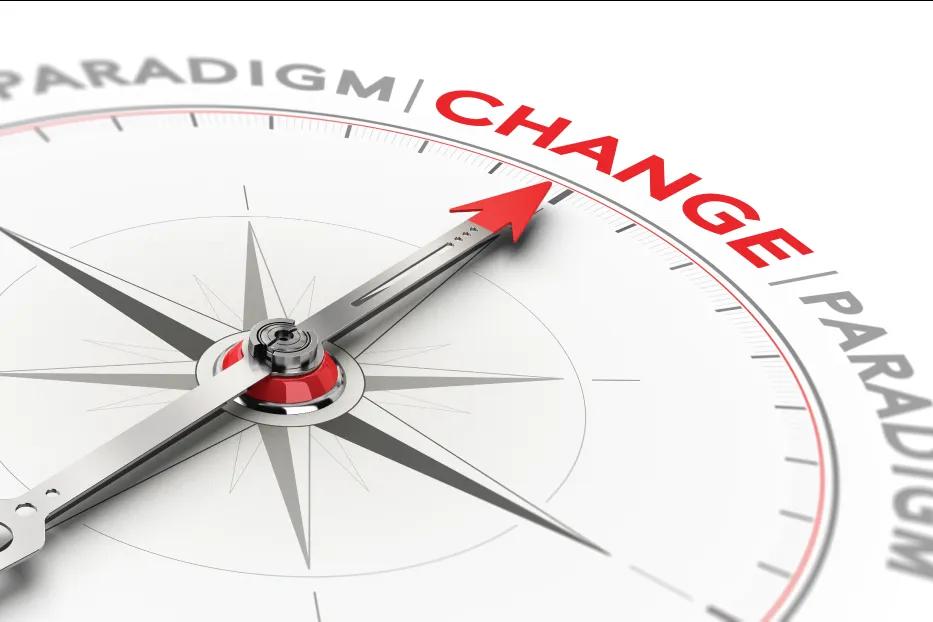A Paradigm Shift in Event Education
The event sector is rapidly developing, having rebounded from the effects of Covid-19. What was once considered conventional in the business has now expanded into new worlds and dimensions, astonishing and stunning stakeholders and attendees alike. As a result, there is a significant need for education and training programmes in event management and operations, with the skill sets and competencies required to bring novel ideas to life.
The opportunity to connect directly with the industry is one of the most significant aspects of event education. Stakeholders in the industry should meet on a regular basis, if they do not already, to discuss the necessity of quality assurance and management, as well as any required changes in skill sets as the sector expands and evolves. Students entering the workforce should be evaluated for employability and quality, as well as their ability to meet industry expectations and criteria.
However, one of the consequences of the pandemic on the event sector is the move from physical to virtual and, increasingly, hybrid events. However, although the virtual and hybrid modes have opened up new creative options, one of the challenges has been the rise of the virtual experience economy. As event planners continue to innovate in order to distinguish the experience and increase attendee pleasure, this is a natural extension of perceived delegate value.
Individuals’ “experience” gained through attending events is increasing in popularity among academics and those in the professional sector. Because of its subjective character, the study of experience has now been extended to fields other than psychology, sociology and philosophy, and now include marketing and management. Many academics and researchers in the field of consumer behaviour have researched how customers’ motivations and behaviour have developed over time, with an emphasis on both utilitarian and hedonistic elements of the equation. How might these concepts and practices be applied to the event experience? As event expert Donald Getz contends, “If we cannot clearly articulate what the event experience is, then how can it be planned or designed? If we do not understand what it means to people, then how can it be important?”
The majority of people are interested in an event’s experience from a management and operational standpoint. This is due to the fact that the environment in which people interact is structured to achieve a variety of administrative purposes, ranging from customer satisfaction to maximising the financial return of the venue or programme offered. As a result, revamping the event education curriculum in close collaboration with the industry is critical at this time in order to place the proper focus on the numerous skill sets and knowledge as required by the industry, and in a relevant manner. Higher education institutions and businesses must form stronger alliances and collaborate more effectively to provide job-ready graduates in the post-Covid-19 environment.
Having said that, as the primary participants in the three-way relationship, students are the ones to enjoy the advantages of the practical programmes. Being technically and intellectually prepared, as well as having an appropriate degree of learner autonomy, are crucial requirements for successful practical learning programmes. Therefore, students and recent graduates must be made aware of their specific responsibility to obtain the necessary skills and actively participate in boosting their future employability.
There must also be an understanding that learning does not stop after acquiring a bachelor’s or master’s degree, since the complex and dynamic event environment needs continued upskilling and lifelong learning among the talents and stakeholders involved in the organisation. Students need to develop a growth mindset, where skills and mental strength are continuously honed through effort and practice, rather than having a fixed mindset, where they believe their intelligence level and skill sets are unchangeable. In having the correct mindset from the very beginning, they will be able to cultivate the passion and eagerness to improve and learn.
Students with a growth mindset see failure as a stepping stone on the path to success. Consequently, those who believe they have the potential to develop will perceive challenges and constructive criticism as opportunities to learn and improve, rather than being easily disappointed, hurt and disillusioned.
In conclusion, to comprehend how the future of education and the event industry will continue to develop, educators and industry professionals will need to remain in alignment with one another. Knowing how the job market operates, the skills students will need, and the ways in which the many education stakeholders may support students in acquiring those abilities are all part of being informed. Because they will be creating our future and carrying on our legacies, we have a duty to all students as educators and professional mentors. We must provide engaging learning experiences that will help students develop into future leaders, designers, problem solvers and innovators.
Belinda Fong Chong Lynn
School of Hospitality and Service Management
Email: @email
This article was first published in The Edge Markets, 25 July 2022.




